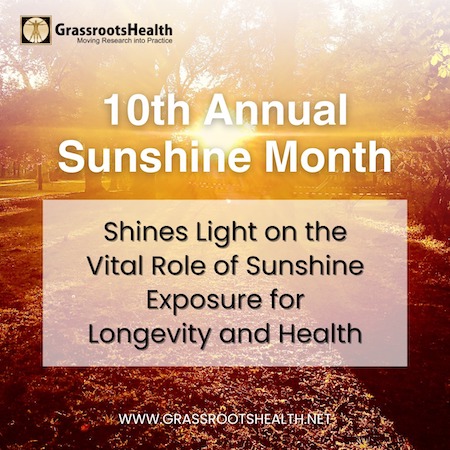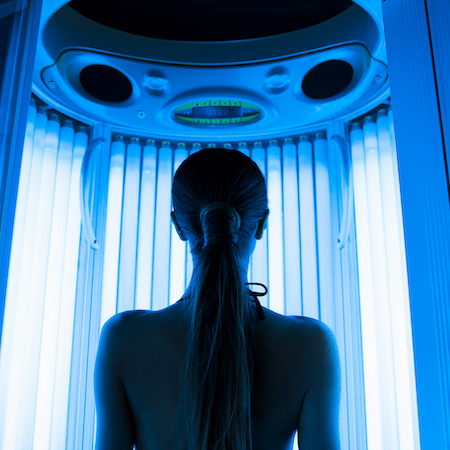Article by: Bio-Tech Sponsored Content - Dr. L. Ray Mathews Morehouse School of Medicine
Lynn Allison with Dr. L. Ray Matthews, Assistant Professor of Surgery, Director of Surgical Intensive Care Unit, Morehouse School of Medicine, Grady Hospital Atlanta
Martin Luther King Jr. High School in DeKalb County, Georgia, has an excellent football team, one of the best programs in the country, regularly sending players to top colleges. But its success came at a high cost. Like football players everywhere, injuries were a big problem — the teenagers suffered everything from torn ligaments, to broken bones, to concussions. But suddenly, two years ago, the school, just east of Atlanta, reduced its sports injuries by an incredible 50 percent. Its secret? The school started giving vitamin D supplements to its athletes. The school embarked upon a parent-supported nutrition program that includes a daily regimen of vitamin D. The program was instituted by Dr. L. Ray Matthews, director of critical care at Grady Hospital in Atlanta, and one of the nation’s leading researchers in vitamin D.
Protection from Injuries
Vitamin D — called the sunshine vitamin because it is produced when sunlight hits the skin — has been widely touted as important to overall health. But recent studies and anecdotal evidence such as the Martin Luther King Jr. football team show that it can prevent and heal injuries — and not only in young people. Vitamin D helps older people by increasing the absorption of calcium, which is very important for muscle strength and balance, which reduces falls.
Not Just for Athletes
Before his work with the football team, Dr. Matthews encouraged 11 friends and family members to be tested for their vitamin D levels. All had low levels, he said. “Before treatment, my mother had been having multiple falls,” he said. She is dramatically improved since taking vitamin D supplements. Dr. Matthews has also observed that his hospital patients heal faster when they take vitamin D. “I take care of people in car crashes with broken bones, muscle weakness, infections and pneumonia,” he said. “Vitamin D is an immune modulator. It stimulates the immune system to fight off hospital infections. Vitamin D helps to increase muscle strength in weak hospital patients.” According to researchers at Harvard University, more than 70 percent of Americans have low levels of vitamin D, which puts them at increased risk of heart attack, strokes and 17 different types of cancer. It also increases the risk for getting more colds and flu, muscle cramps and pain, chronic fatigue, depression, and seasonal affective disorder. The U.S. Preventive Services Task Force recently issued new recommendations that adults at risk for falls take vitamin D. The group found that 30 to 40 percent of people age 65 or older fall at least once a year, and five to 10 percent of them will suffer a serious injury such as a hip fracture. “We are deficient in vitamin D because our society has changed from an agricultural and hunting culture to a technological indoor culture where we all stay inside. These days, we don’t get the same exposure to sunlight as we did 50 years ago,” says Dr. Matthews.
Get Tested
Dr. Matthews says that it’s imperative to get your vitamin D levels checked with a 25-hydroxyvitamin D blood test at your doctor’s office. “Normal vitamin D level is 40-70 ng/mL,” he says. “For those who are low, I recommend a daily vitamin D3 supplement that ranges between 2,000 IUs and 5,000 IUs.” Some foods like fatty fish and fortified milk and cereal also provide vitamin D.
Bio-Tech Sponsored Content – Dr. L. Ray Mathews Morehouse School of Medicine


